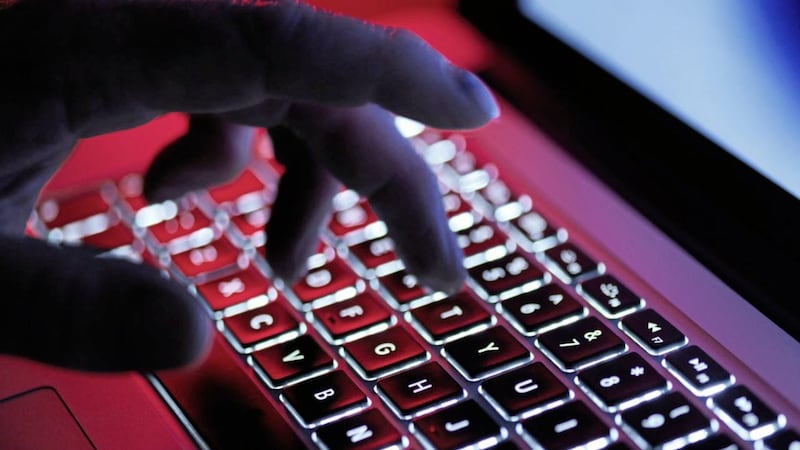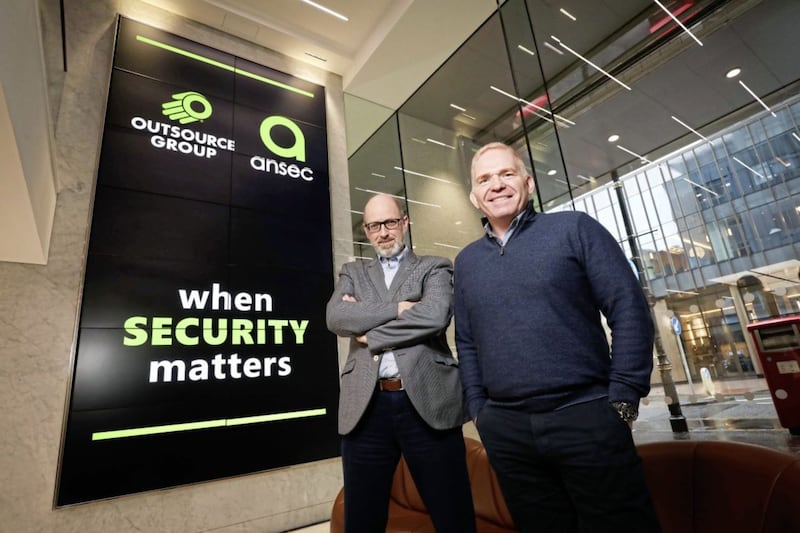THERE'S no denying privacy is a hot topic at the moment. Unless you’ve been living in a cave you’ll no doubt be aware of the Cambridge Analytica scandal which saw data harvested from more than 50 million Facebook profiles without permission.
Barely a week goes by without another news headline about a customer data breach, with Dixons Carphone being just one of the latest to fall foul of hackers. Not to mention the fact that if the world’s richest millennial, Mark Zuckerberg, is taping over his webcam, then surely we should be taking notes.
But what does privacy really mean in a world of ever-changing technology and innovation and why are we so keen to claim it? Is it even achievable, or desirable? And can more be achieved for the greater good if we surrender it?
Even before the dawn of modern technology, Greek philosopher Heraclitus knew the reality of time when he said, “the only thing that is constant is change”. That change is picking up pace at an ever-increasing rate of knots, as artificial intelligence, machine learning and quantum computing offer a whole other level of what can be achieved thanks to a focus on innovation.
So, what happens if we want to reclaim our privacy in this modern era of technology? Another well-known mogul - although definitely not of the millennial generation - Simon Cowell, has recently revealed he’s been living blissfully without his trusty mobile phone for 10 whole months. If we want our privacy back, should we be relinquishing our much-loved devices and trading them in for the latest ‘dumb phone’ which can only be used for the most basic tasks such as making calls, sending text and setting alarms?
On the flip side, maybe technology and some personal sharing could actually be used for good. If we truly want innovation, growth and progression we have to be willing to share.
Jennifer Pahika, founder and executive director for Code for America, was on to something when she said: “Our ability to do great things with data will make a real difference in every aspect of our lives.”
Data equates to information and the more information we have the more ideas can be shared and developed which allows for progress and true innovation which in turn enables change to happen at a phenomenal rate and on a global scale.
On a more basic level, quite often we can’t access information online without ticking some sort of permission box or providing our email address. So what are the options? Refuse to tick the box and give up on accessible information and learning opportunities. Or give a little and potentially learn a lot?
I’m not suggesting we start sharing our three square-meals on social media every day or change our privacy settings to ‘open for all’. But I do believe we should reconsider what privacy really means to us and whether what we really want is online security, which is a completely different topic and one I could talk about all day.
:: Terry Moore is chief executive at Outsource Solutions, an IT and telecoms firm he founded in 2000 which now has offices in Antrim, Belfast, Cookstown, Dublin and Edinburgh. He will be speaking at the opening day of this year’s Digital DNA at St Georges Market.







